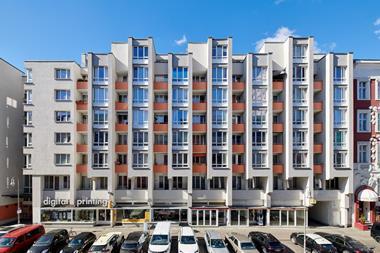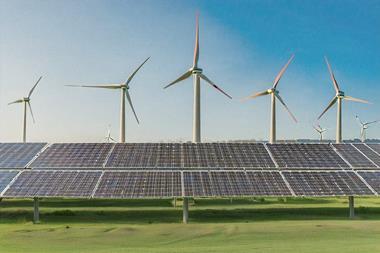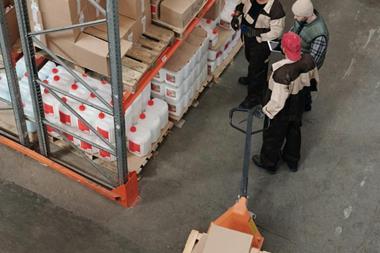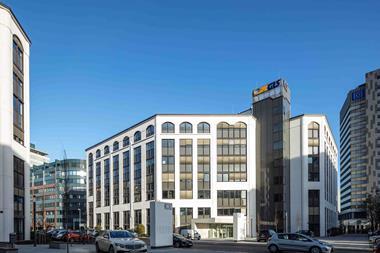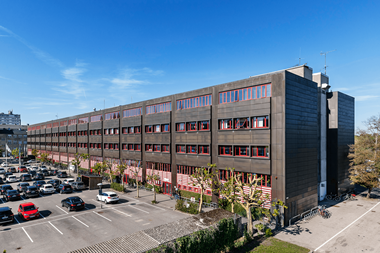Goldman Sachs Global Investment Research has launched coverage of industrial REITs ahead of what it terms a “massive construction cycle” that will drive rental growth in the sector.
The bank expects industrial demand to increase 12-13% in 2014, reaching levels last seen in 2007.
According to its coverage initiation report, “Industrial fundamentals have turned strongly positive over the last year with demand significantly exceeding supply during 2013.”
It said the trend was expected to continue for the foreseeable future, resulting in declines to total industry vacancy that will approach 7% rate nationally.
The primary factor will be the energy industry in Texas, stemming from shale production – the state is home to two of the biggest areas of shale production – as well as the construction of liquid natural gas (LNG) processing and export facilities along the US Gulf Coast and pipelines to transport natural gas from Northeastern fields to the growing chemical industry in Texas and Louisiana.
Goldman Sachs projects chemical industry construction spending to nearly double from 2013 levels to a peak of $16bn (€12.1bn) in 2016.
Texas stands to see additional construction demand in its core commercial real estate market; the state leads the US in terms of growth in GDP, wages, and jobs, while benefitting from cross-border trade with Mexico that is based in large part on the country’s increasing auto-production capacity. Texas accounts for nearly 40% of US trade with Mexico, and receives nearly 70% of Mexico’s cross-border traffic.
“We do not believe REIT investors fully appreciate the magnitude of the upcoming Texas construction cycle,” Goldman Sachs said.
“We expect accelerating demand and a possible spike in construction costs; both positives for industrial real estate.”
The firm launched coverage of East Group Properties (EGP) as a buy. The REIT derives 40% of its revenue from Texas, with the bulk of the remainder from nearby Sunbelt states, and “has the most to gain from our view of accelerating construction and demand for industrial real estate in Texas, Houston in particular.”
Goldman Sachs also resumed coverage of two other industrial REITs, Prologis and Terreno, with neutral ratings, saying both stocks have performed well and are fairly valued.
Industrial real estate tends to post countercyclical performance relative to other commercial property types, due to a short construction cycle, low capital requirements and low barriers to entry.
The sector’s underperformance in 2008-09 stemmed from excessive leverage and development pipelines when the financial crisis hit, Goldman Sachs said.
The firm also noted that share prices of industrial REITs had not exhibited a statistically significant relationship with interest rates when measuring REIT performance against changes in 10-year bond yields. Rates rise when the economy is improving, Goldman Sachs said, and better business conditions “generally offset the negative impact of higher capital costs and higher cap rates”.







